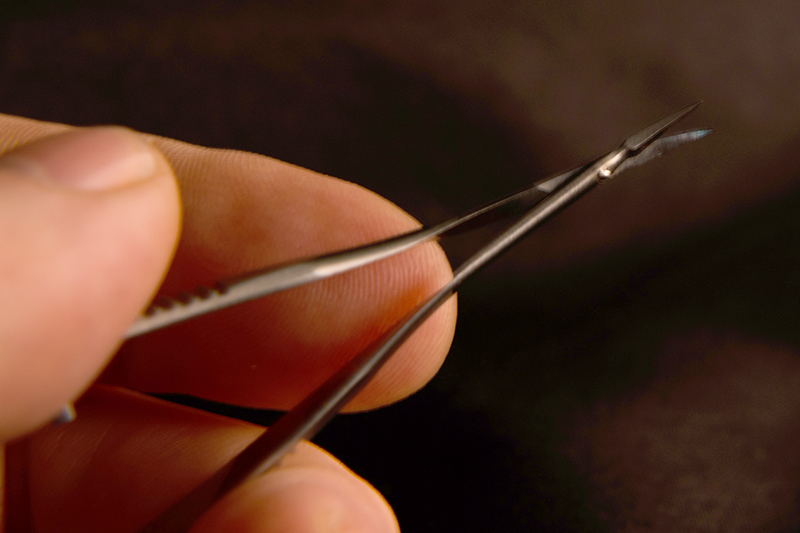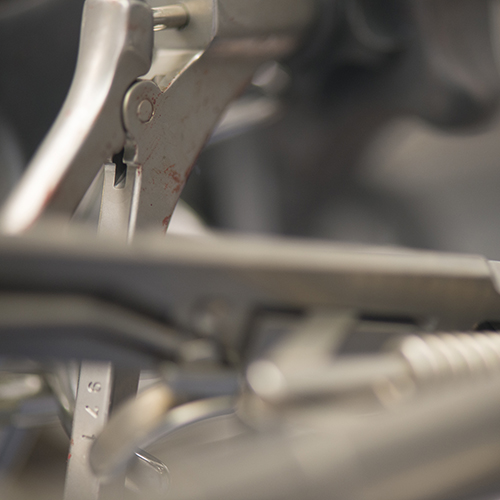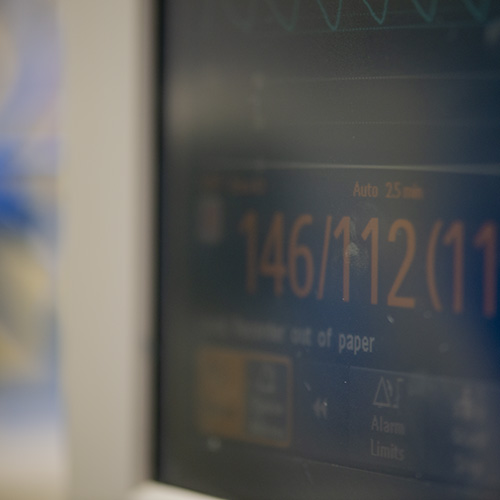A post-operative ileus is not a true obstruction of the intestines but rather a temporary side effect of surgery involving the abdomen. Ileus results when there is failure of the peristalsis of the intestines. Peristalsis is the synchronized contractions of the smooth muscles of the gut that result in forward propulsion of gut contents. Various factors are attributed to causing post-operative ileus. Manual handling of the gut during surgery, medications used during the surgery, inflammation and changes in electrolytes are some of the known causes. Part of the recovery process of a surgical ileus may include mild abdominal pain, cramping, bloating, inability to pass flatus and open bowels, nausea and vomiting. Surgical ileus slows the rate of recovery of the surgery performed. This is because there is delay in introduction of enteral feeds (food) and it also prolongs the patient?s hospital stay. There is no specific timeline that indicates when the ileus will resolve. Recovery time differs in individual patients. If it develops, patient is restricted from having any feeds orally. The return of bowel sounds, ability to pass flatus and open bowels marks resolution of the ileus.





